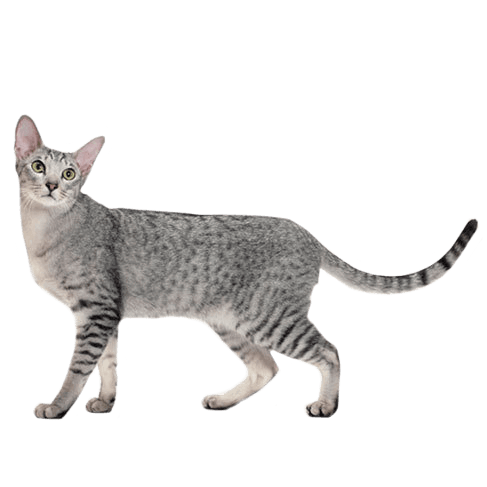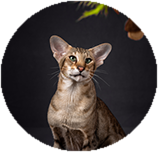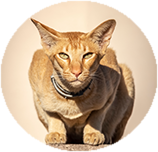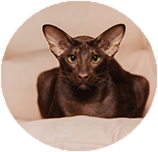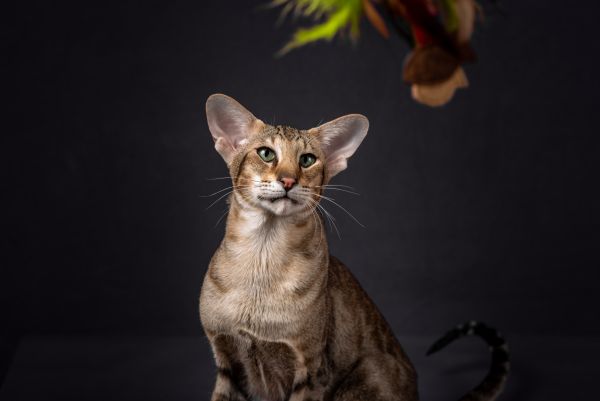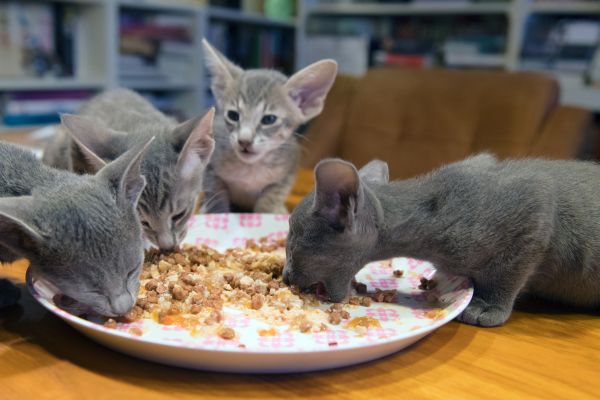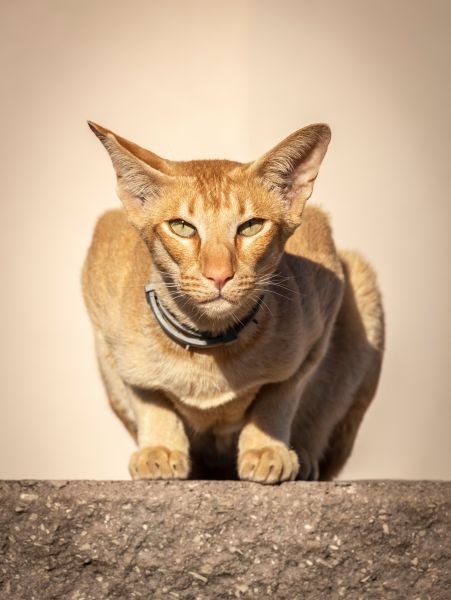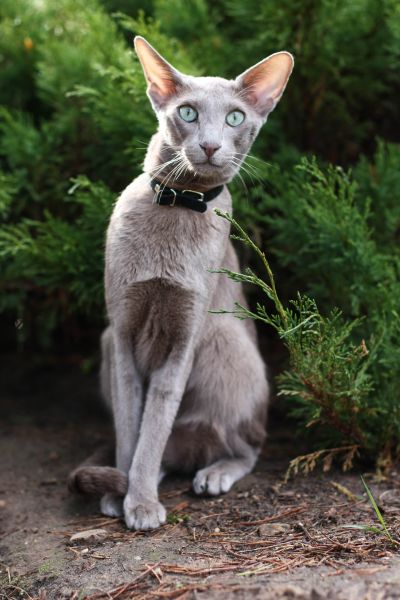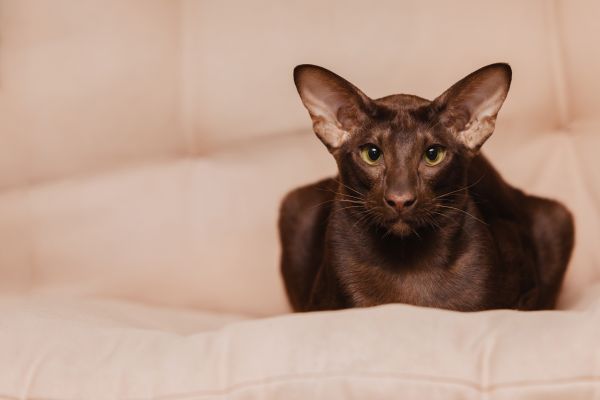[{
"url":"/pet-information/cat/advice/cat-diet/",
"image":"images/thumbs/mixed-sizes/2023/cat-drinking-enough.png",
"tags":"",
"species":"cat",
"categories":"young adult senior health brianFaulkner",
"title":"How to help a cat lose weight",
"intro":"You’re sure to have heard reports about the growing rates…",
"meta":"If cat fatness is becoming an issue with your pet, find out all you need to know about cat weight reduction and how to put a cat on a diet.",
"featured":"",
"listingcustombuttontext": ""
},{
"url":"/pet-information/cat/advice/how-to-keep-cats-out-of-the-garden/",
"image":"images/thumbs/mixed-sizes/2024/keep-cats-out-of-the-garden-1.png",
"tags":"",
"species":"cat",
"categories":"young adult senior health",
"title":"How to keep cats out of the garden",
"intro":"Want to discourage neighbourhood cats from visiting your garden? Here’s…",
"meta":"Looking for tips on how to keep cats out of your garden? Here’s how to keep your outside space feline-free, using cat-safe methods.",
"featured":"",
"listingcustombuttontext": ""
},{
"url":"/pet-information/cat/advice/indoor-cats/",
"image":"images/thumbs/mixed-sizes/2024/cat-indoors.png",
"tags":"",
"species":"cat",
"categories":"young adult senior behaviour",
"title":"Indoor cats",
"intro":"If you’ve chosen to keep your cat indoors, here’s everything…",
"meta":"If you have indoor cats, here’s everything you need to know about making sure they’re as happy and healthy as possible.",
"featured":"",
"listingcustombuttontext": ""
},{
"url":"/pet-information/cat/advice/is-my-cat-hydrated/",
"image":"images/thumbs/mixed-sizes/2024/cat-dehydrated-1.png",
"tags":"",
"species":"cat",
"categories":"young adult senior health",
"title":"How to tell if a cat is dehydrated",
"intro":"Is your cat hydrated? And how do you know if…",
"meta":"Understand how to spot the warning signs of dehydration in cats so you can keep your pet in the very best of health all year round.",
"featured":"",
"listingcustombuttontext": ""
},{
"url":"/pet-information/cat/advice/what-plants-are-poisonous-to-cats/",
"image":"images/thumbs/mixed-sizes/2024/plants-poisonous-to-cats-1.png",
"tags":"",
"species":"cat",
"categories":"young adult senior youYourPet",
"title":"Plants poisonous to cats",
"intro":"Whether you’re adding new houseplants, or updating your garden, it’s…",
"meta":"Whether you’re adding new houseplants or revamping your garden, it’s important to know about poisonous plants to cats. Find a list here.",
"featured":"",
"listingcustombuttontext": ""
},{
"url":"/pet-information/cat/advice/diy-toys-for-cats/",
"image":"images/thumbs/mixed-sizes/2024/homemade-cat-toys.png",
"tags":"",
"species":"cat",
"categories":"senior health",
"title":"6 DIY cat toys to make for your pet",
"intro":"Social gatherings can be an unsettling time for your cat.…",
"meta":"Wondering how to keep your cat entertained during the busy holiday season? Here, we provide some ideas for the best homemade toys for cats to keep them happy.",
"featured":"",
"listingcustombuttontext": ""
},{
"url":"/pet-information/cat/advice/do-cats-eat-more-in-winter/",
"image":"images/thumbs/mixed-sizes/2024/do-cats-need-to-eat-more-in-winter.png",
"tags":"",
"species":"cat",
"categories":"young adult senior youYourPet",
"title":"Should cats eat more in winter?",
"intro":"Do cats eat more in winter? Here’s what you need…",
"meta":"Do cats eat more in winter? Find out everything you need to know about how cats' eating habits change as the weather gets colder.",
"featured":"",
"listingcustombuttontext": ""
},{
"url":"/pet-information/cat/advice/how-to-cat-proof-a-christmas-tree/",
"image":"images/thumbs/mixed-sizes/2024/cat-proof-christmas-tree.png",
"tags":"",
"species":"cat",
"categories":"young adult senior youYourPet",
"title":"How to cat-proof your Christmas tree",
"intro":"Putting up the Christmas tree and decorating the house is…",
"meta":"Find out how to create a cat-friendly Christmas tree and make sure everyone in your household has an enjoyable – and safe – festive season.",
"featured":"",
"listingcustombuttontext": ""
},{
"url":"/pet-information/cat/advice/how-to-take-care-of-cats-in-winter/",
"image":"images/thumbs/mixed-sizes/2024/how-to-take-care-of-cats-in-winter.png",
"tags":"",
"species":"cat",
"categories":"young adult senior youYourPet",
"title":"How to take care of cats in winter: your essential checklist",
"intro":"From keeping cats warm in the colder months to enjoying…",
"meta":"Looking for tips on how to take care of cats in winter? We uncover expert advice on how to keep your cats cosy and safe during the colder months",
"featured":"",
"listingcustombuttontext": ""
},{
"url":"/pet-information/cat/advice/involve-your-cat-at-christmas/",
"image":"images/thumbs/mixed-sizes/2024/how-to-involve-your-cat-in-christmas.png",
"tags":"",
"species":"cat",
"categories":"young adult senior youYourPet",
"title":"How to involve your cat in Christmas",
"intro":"Looking for ideas on how to entertain and involve your…",
"meta":"Looking for ideas on how to entertain and involve your cat at Christmas? We’ve rounded up some of the best Christmas cat-friendly ideas.",
"featured":"",
"listingcustombuttontext": ""
},{
"url":"/pet-information/cat/advice/what-christmas-gifts-to-get-your-senior-cat/",
"image":"images/thumbs/mixed-sizes/2024/christmas-gift-ideas-senior-cat.png",
"tags":"",
"species":"cat",
"categories":"senior health",
"title":"Christmas gifts for senior cats",
"intro":"Christmas is the perfect time to treat your senior cat…",
"meta":"Wondering what to buy your senior cat for Christmas? From toys to treats, we’ve rounded up some of the best Christmas gifts for cats.",
"featured":"",
"listingcustombuttontext": ""
},{
"url":"/pet-information/cat/advice/are-cats-scared-of-fireworks/",
"image":"images/thumbs/mixed-sizes/2024/how-to-calm-cats-during-fireworks.png",
"tags":"",
"species":"cat",
"categories":"young adult senior behaviour youYourPet",
"title":"How to calm cats during fireworks",
"intro":"Many cats are afraid of fireworks, but there are a…",
"meta":"Are cats scared of fireworks? Find out here – and discover how to help calm your cat during firework season.",
"featured":"",
"listingcustombuttontext": ""
},{
"url":"/pet-information/cat/advice/can-cats-see-in-the-dark/",
"image":"images/thumbs/mixed-sizes/2024/do-cats-have-night-vision.png",
"tags":"",
"species":"cat",
"categories":"young adult senior health",
"title":"Can cats see in the dark?",
"intro":"Cats aren’t nocturnal – but that doesn’t stop them playing…",
"meta":"Cats aren't nocturnal – but that doesn't stop them playing in the middle of the night. But can domestic cats see in the dark? Here's everything you need to know.",
"featured":"",
"listingcustombuttontext": ""
},{
"url":"/pet-information/cat/advice/scared-cat/",
"image":"images/thumbs/mixed-sizes/2024/how-to-help-a-scared-cat-become-confident.png",
"tags":"",
"species":"cat",
"categories":"young adult senior behaviour",
"title":"How to help a scared cat become more confident",
"intro":"From thunderstorms and fireworks to visitors or a new pet…",
"meta":"While some cats are outgoing and self-assured, others can be a little more cautious. Use these expert tips to help a scared cat become more confident.",
"featured":"",
"listingcustombuttontext": ""
}]
